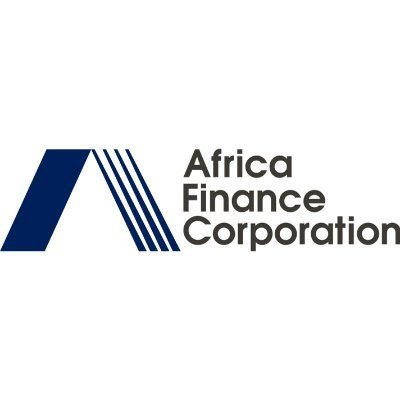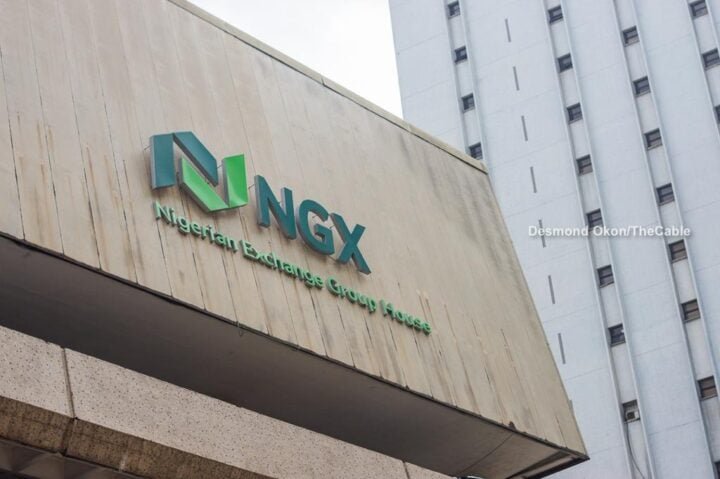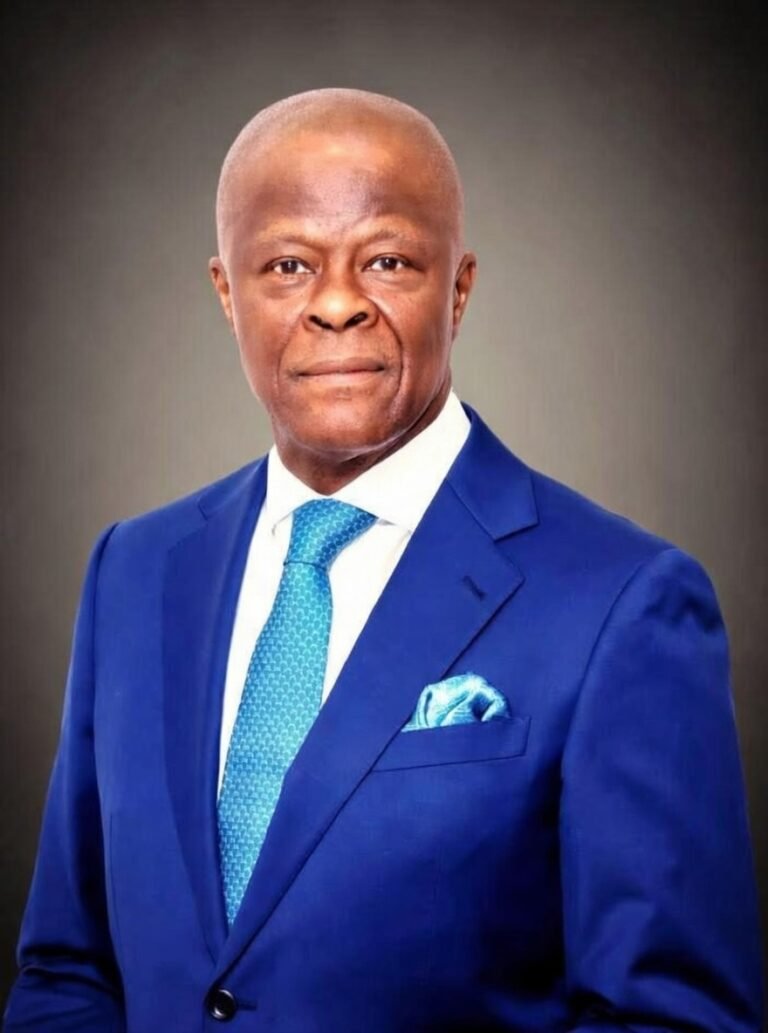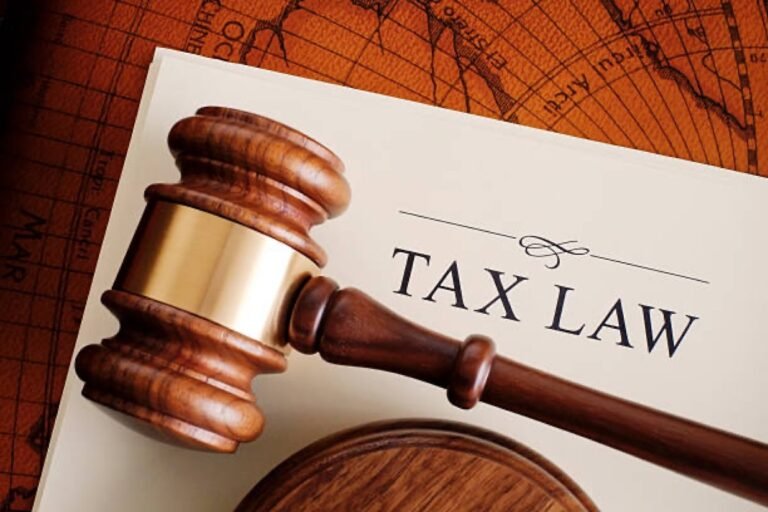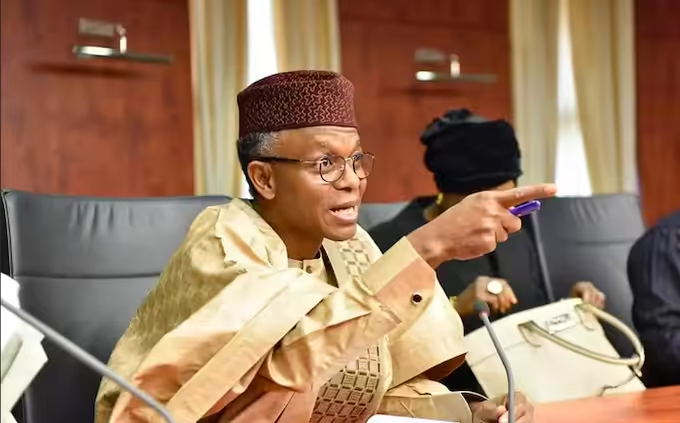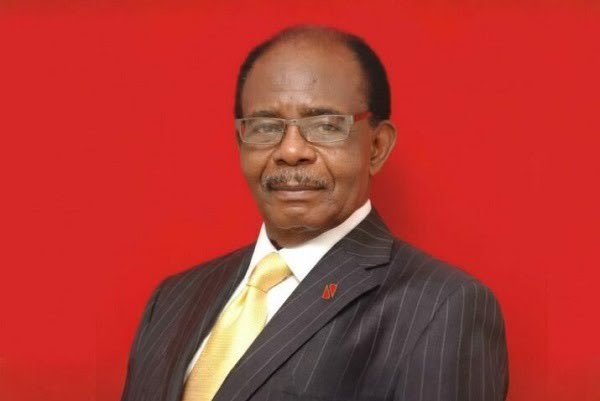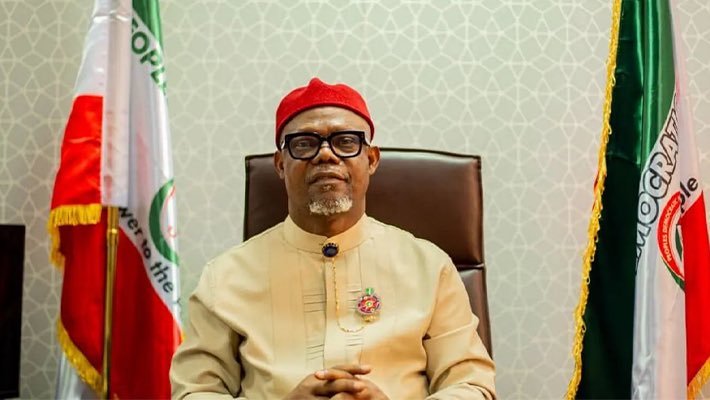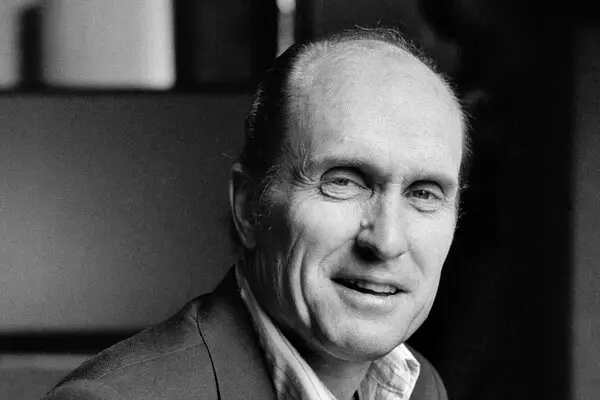Nigel Farage is one of the most recognisable figures in modern British politics. A long-time advocate of UK sovereignty and independence from the European Union, Nigel Farage played a pivotal role in reshaping the national debate around Brexit. Known for his charisma, blunt rhetoric, and ability to connect with grassroots voters, Farage has been both celebrated and criticised in equal measure. Over the last three decades, he has influenced mainstream political discourse in Britain more than many elected Prime Ministers. As his career evolves, attention increasingly turns to what role Nigel Farage may play in shaping the UK’s political future.
Early Life and Education
Nigel Farage was born on 3 April 1964 in Farnborough, Kent, into a middle-class family. His father, Guy Justus Oscar Farage, worked as a stockbroker, while his mother, Barbara Stevens, raised the family. Farage attended Dulwich College, a prestigious independent school in London.
From an early age, Nigel Farage displayed an independent streak. He was interested in politics but initially pursued a career in the financial sector. Farage worked as a commodities trader in London, specialising in metals. This experience in the City of London not only shaped his understanding of global markets but also gave him a sceptical view of European integration, which he felt threatened Britain’s sovereignty and economic independence.
Entry into Politics
Nigel Farage’s political journey began with the Conservative Party, but he left in 1992 in protest against then-Prime Minister John Major’s decision to sign the Maastricht Treaty. The Treaty laid the foundations for closer European integration, something Farage strongly opposed. His resignation from the Conservatives was a defining moment, cementing his lifelong opposition to the EU.
In 1993, he co-founded the UK Independence Party (UKIP). Though the party initially struggled for mainstream attention, Farage’s energy and ability to articulate frustrations about EU bureaucracy and immigration gradually transformed UKIP into a national force.
Rise within UKIP
Nigel Farage became UKIP leader in 2006, and under his leadership, the party shifted from a fringe movement into a serious electoral challenger. By combining populist rhetoric with concerns about sovereignty, Farage appealed to voters who felt sidelined by Labour and the Conservatives.
Farage was elected as a Member of the European Parliament (MEP) for South East England in 1999, a seat he held until the UK left the EU in 2020. His tenure in Brussels was marked by fiery speeches, direct confrontations with EU leaders, and headline-grabbing moments that reinforced his image as the anti-establishment outsider.
One of his most famous interventions came in 2010 when he told European Council President Herman Van Rompuy: “You have the charisma of a damp rag and the appearance of a low-grade bank clerk.” Such remarks defined Farage’s confrontational style and helped build his reputation as a plain-speaking critic of the EU elite.
Role in the Brexit Campaign
The defining chapter of Nigel Farage’s rise was his role in the campaign to take Britain out of the European Union. Though not officially part of the Conservative-backed Vote Leave organisation, Farage fronted the parallel Leave.EU campaign led by businessman Arron Banks.
Farage tirelessly toured the country, appearing in debates, rallies, and media interviews. His central message—taking back control of Britain’s borders and laws—resonated with millions of voters. Though controversial, his focus on immigration and sovereignty cut through with working-class communities who felt ignored by Westminster.
The 2016 referendum delivered a narrow but decisive victory for Leave. Farage declared it Britain’s “Independence Day,” cementing his legacy as the man most closely associated with Brexit.
After Brexit: The Brexit Party and Reform UK
After the 2016 referendum, Farage briefly stepped back from front-line politics. However, growing frustration with the slow pace of Brexit negotiations brought him back. In 2019, he founded the Brexit Party, which stunned the political establishment by winning the most UK seats in the European Parliament elections.
The Brexit Party pressured Boris Johnson’s Conservative government into pursuing a harder line on leaving the EU. Once Brexit was officially completed in January 2020, the party rebranded as Reform UK, positioning itself as a populist right-wing alternative to the Conservatives.
Nigel Farage stepped down as Reform UK leader in 2021, but he remained honorary president and an influential voice in shaping its message.
Media Career and Public Influence
Nigel Farage has successfully reinvented himself as a media personality. He has hosted shows on LBC Radio, appeared on American network Fox News, and, since 2021, fronted his own programme on GB News. His broadcasting work has allowed him to reach audiences beyond traditional party politics, giving him influence as a commentator on current affairs.
In the United States, Farage developed close ties with figures such as Donald Trump, whom he supported during the 2016 U.S. presidential election. Farage even spoke at a Trump rally, further cementing his image as part of a transatlantic populist movement.
Controversies and Criticism
Throughout his career, Nigel Farage has been a polarising figure. Critics accuse him of exploiting divisions, particularly over immigration. His infamous 2016 “Breaking Point” poster, which depicted long queues of migrants, was widely condemned as xenophobic.
Farage has also faced criticism for his relationships with wealthy backers, controversial figures, and his outspoken remarks about multiculturalism. Yet his supporters argue he gave a voice to ordinary Britons and challenged a political class disconnected from voters.
Nigel Farage and the Conservative Party
Despite never winning a seat in the UK Parliament despite seven attempts, Farage’s influence on the Conservative Party has been profound. Many analysts argue that without his pressure, David Cameron would never have called the 2016 referendum. Similarly, the rise of the Brexit Party in 2019 forced Boris Johnson to commit to delivering Brexit “do or die.”
Farage’s shadow looms over Tory politics to this day, with many Conservative MPs fearing that Reform UK could split the right-wing vote in future elections.
Awards, Recognition, and Legacy
Nigel Farage was ranked among the 100 most influential people in the world by Time magazine in 2016. He has received awards from Eurosceptic organisations, but he remains excluded from the British political establishment, with no peerage or official honours.
His legacy is clear: without Farage, Brexit might never have happened. He changed the trajectory of British politics and redefined the debate on sovereignty, immigration, and national identity.
Personal Life
Nigel Farage married twice and has four children. He survived testicular cancer in the 1980s and a serious car accident in 1985. In 2010, he narrowly escaped death in a plane crash while campaigning. These experiences have shaped his resilient, combative personality.
Outside politics, Farage enjoys fishing, cricket, and traditional English pubs. He has cultivated the image of a “man of the people,” often photographed with a pint of beer and a cigarette.
The Future of Nigel Farage
Looking ahead, Nigel Farage’s political influence remains significant. He has hinted at possible returns to electoral politics, particularly if Reform UK builds momentum as a challenger to the Conservatives. His ongoing media career ensures he remains a central voice in public debates on immigration, sovereignty, and Britain’s relationship with Europe.
Many speculate whether Farage could yet become a kingmaker in British politics—or even attempt another parliamentary run. What is certain is that Nigel Farage’s future will continue to shape political discourse in Britain, whether through media, activism, or renewed party leadership.
Nigel Farage remains one of the most important and controversial figures in modern British politics. Whether as a party leader, MEP, Brexit campaigner, or broadcaster, his ability to influence public opinion is unparalleled among modern political outsiders.
His supporters hail him as the man who restored Britain’s sovereignty; his critics see him as a divisive populist. What is certain is that Nigel Farage’s career, rise, and future role will remain a defining thread in Britain’s ongoing political story.
Nigel Farage, Nigel Farage career, Nigel Farage rise, Nigel Farage future, Nigel Farage biography, Nigel Farage Reform UK, Nigel Farage Brexit, Nigel Farage GB News, Nigel Farage UK politics, Nigel Farage influence, Nigel Farage controversies











